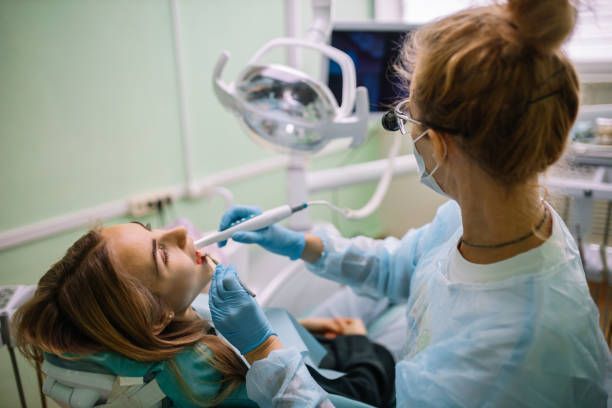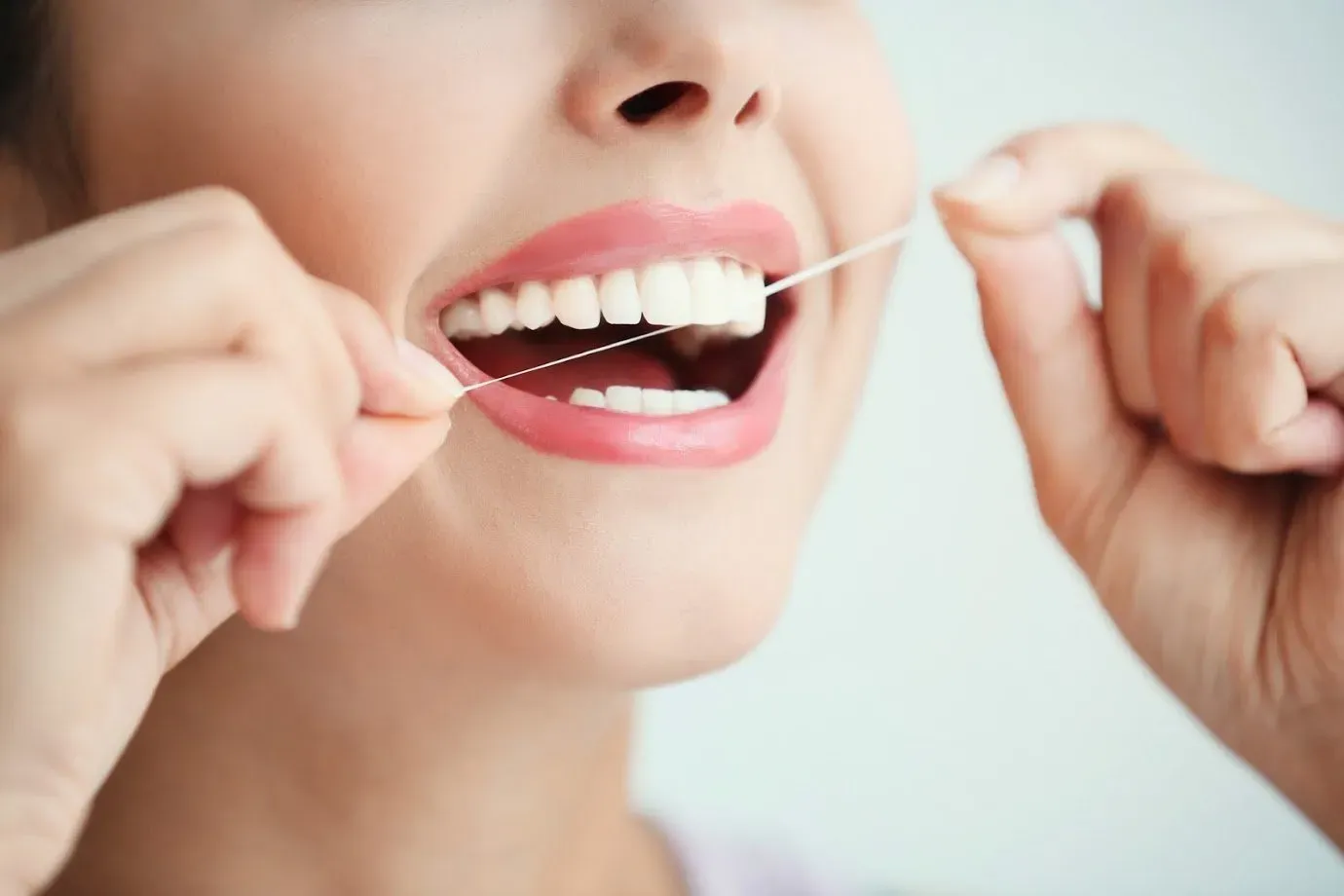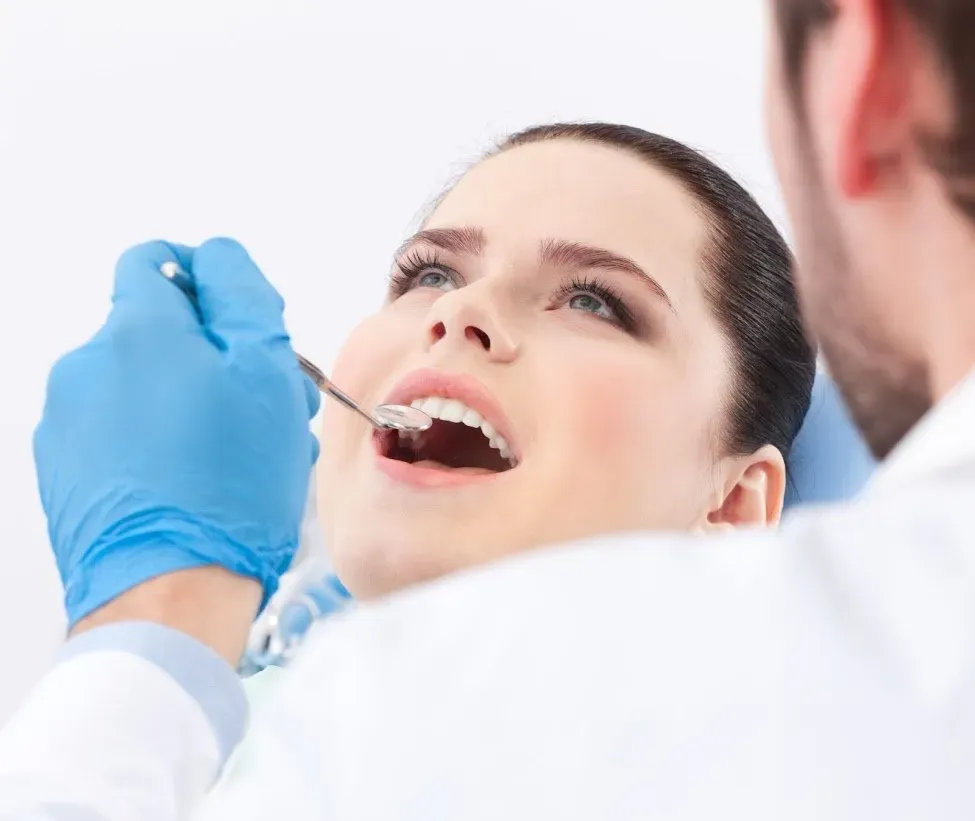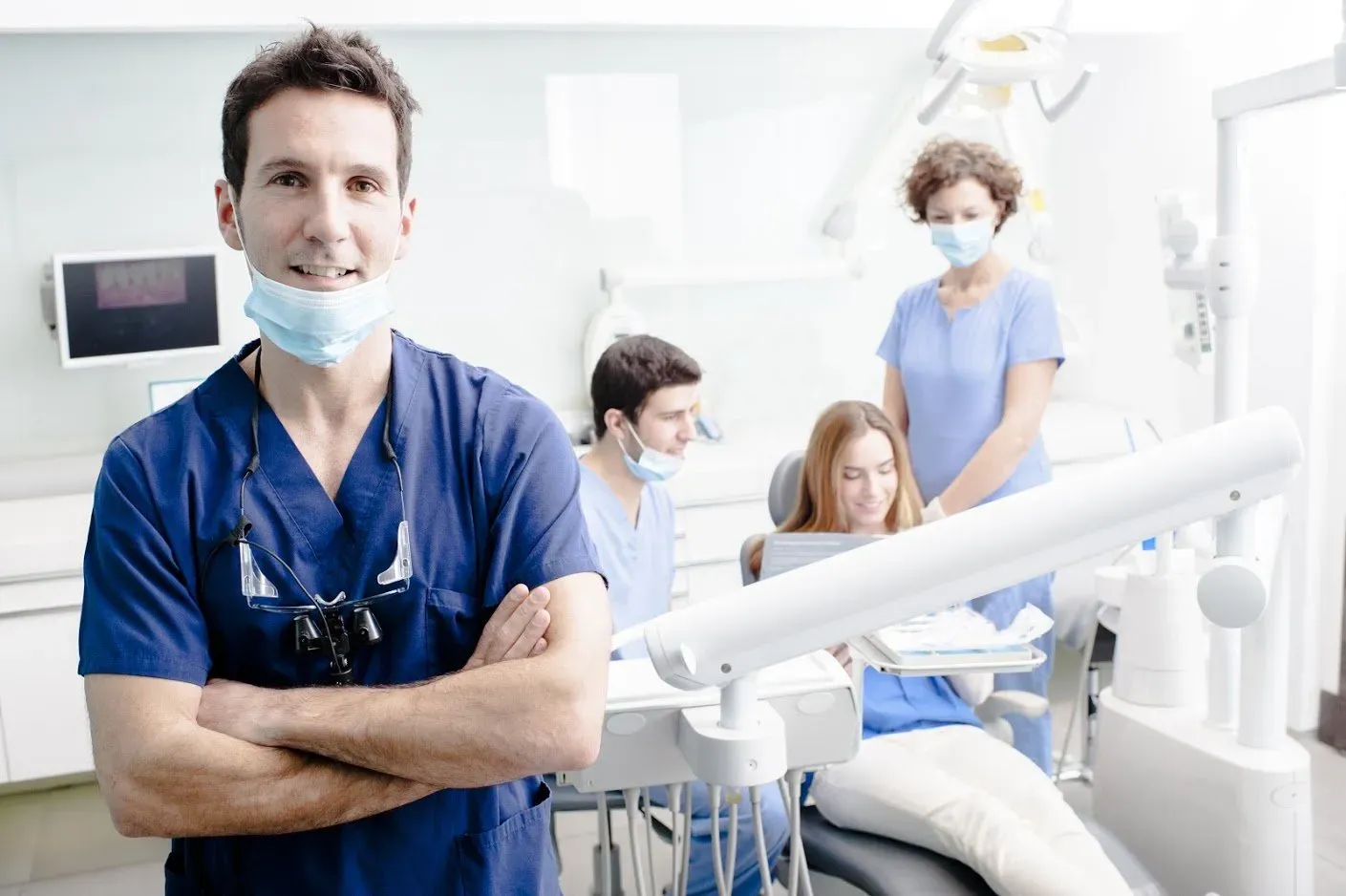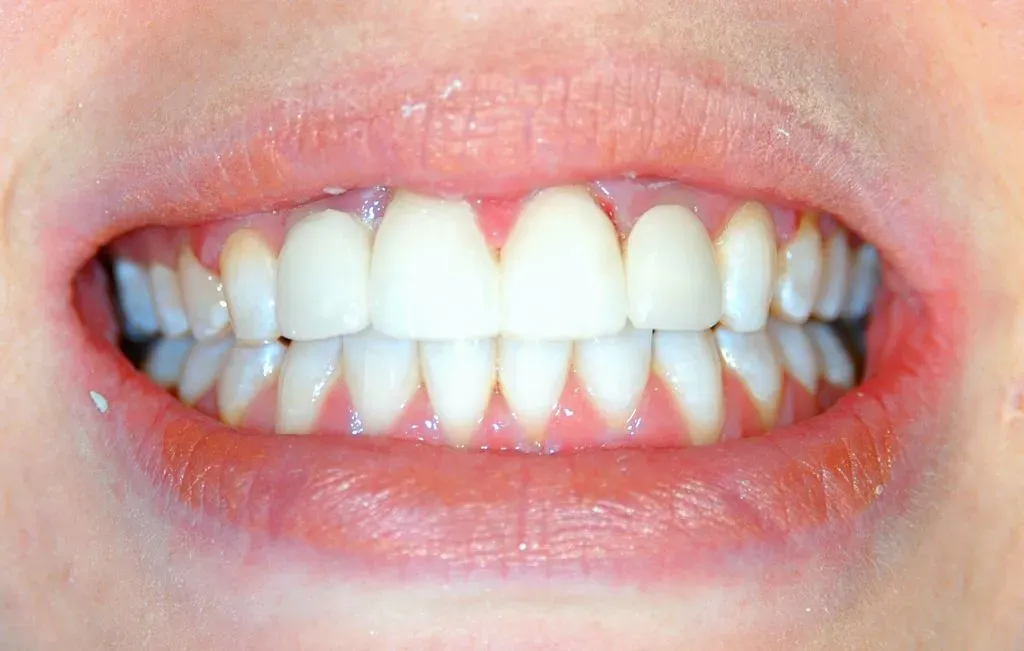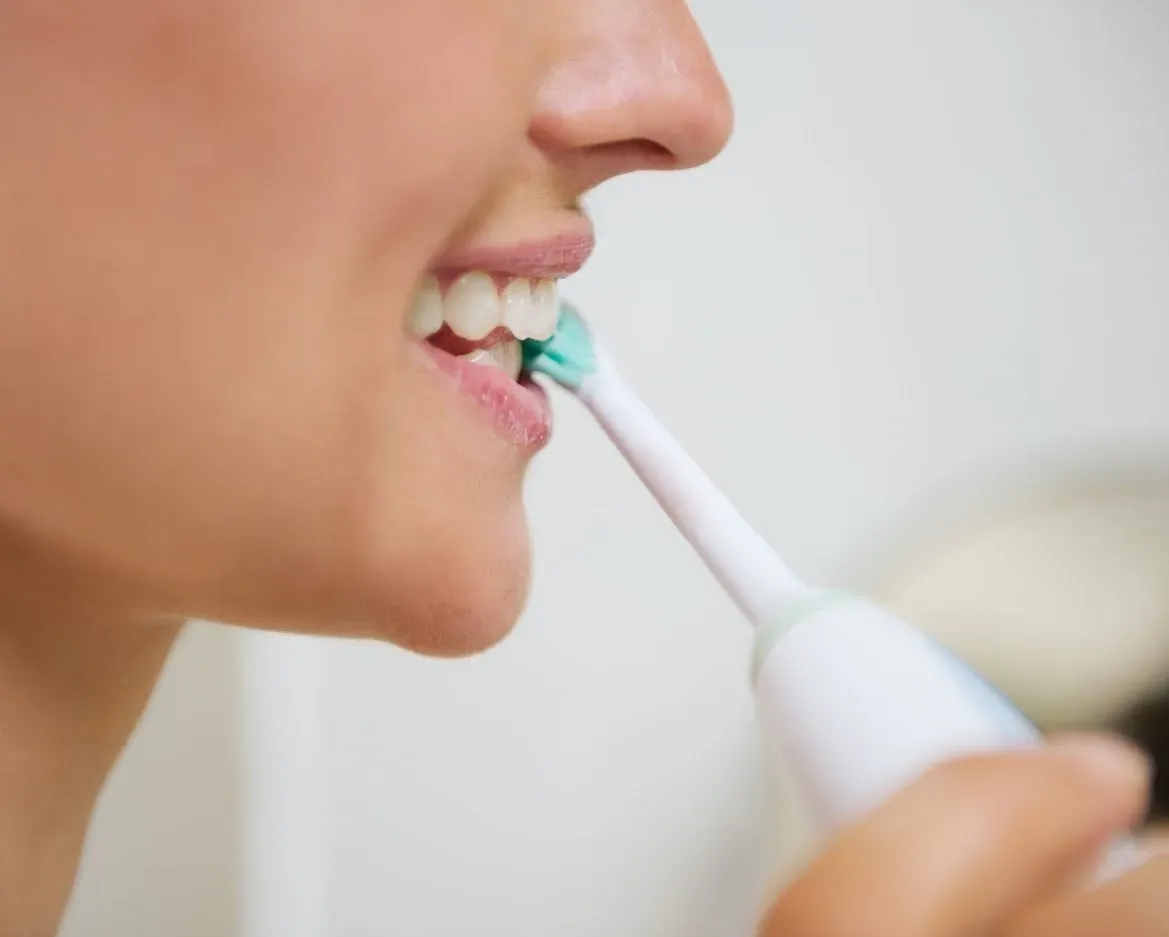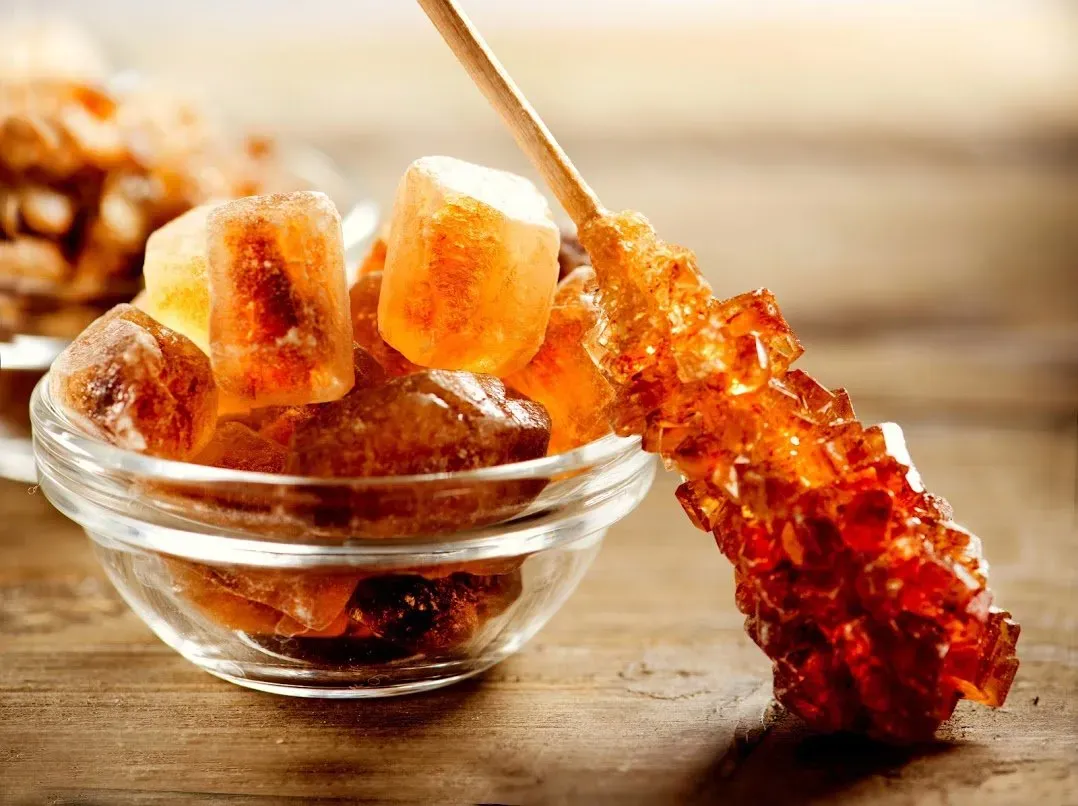The Breakfast of Dental Champions: 3 Winning Meals for Your Teeth
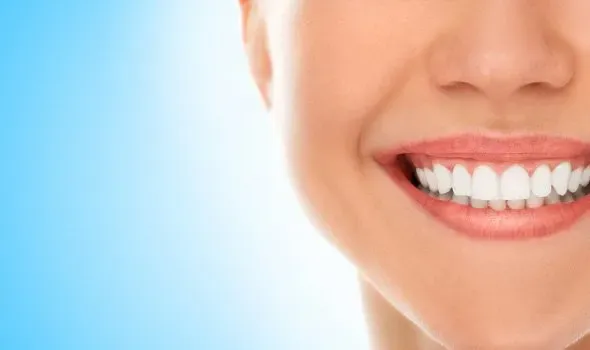
Professional athletes eat to win. No matter if they're training for the Olympics, the World Cup or the Tour de France, competitive players understand that how they fuel their body makes or breaks their chances of success.
For example, football player Steph Catley powers her mornings with oats, shredded almonds and mixed berries. Basketball player Rachel Karry begins her day with scrambled eggs on toast. Rower Karsten Forsterling munches on a bowl of porridge with sultanas.
Much like your favourite athletes, you too can start your day with a healthy breakfast. When you eat a balanced combination of nutrient-dense foods, you not only give your body the energy it needs to succeed, but you also give it the fighting power to resist oral infection and inflammation.
But what foods should you eat for breakfast if you want a winning smile?
1. Oatmeal Topped With Apples
Whole grains such as oatmeal, brown rice and dark bread improve glucose metabolism. Experts have observed that those who keep their blood sugar levels in check through whole grains have a much lower risk of developing periodontitis.
Apples offer high amounts of fibre. As fibre takes more work to consume and digest, you have to spend more time chewing each bite before you swallow. The chewing motion stimulates saliva production, and the saliva, in turn, rinses away food particles while fighting harmful bacteria.
So try a bowl of oatmeal and apples rather than a bowl of high-sugar cereal. Just be sure to make the oatmeal yourself, as the packaged instant variety often contains sweeteners and sugars that damage your teeth and counter the health benefits.
2. Omelettes Sprinkled With Cheese
Eggs and Portobello mushrooms supply healthy amounts of vitamin D. Vitamin D allows you to better absorb calcium and phosphorous, both of which are essential for strong bones and teeth. And though research is ongoing, some experts theorise vitamin D may fight inflammation and reduce the likelihood of systemic diseases.
Cheese acts as a good source of calcium, making it the perfect pairing for eggs and mushrooms. Additionally, cheese temporarily raises your mouth's pH levels and saliva production, decreasing the risk of cavities and decay.
If you like to exercise creativity with your breakfast, mix and match your egg, cheese and mushroom omelettes with other healthy vegetables. Spinach and kale, for example, offer plenty of vitamin A for maintaining healthy mucous membranes and saliva production. Sweet peppers offer vitamin C, which reduces tooth sensitivity and receding gums. And onions has vitamin C and phytochemicals that fight inflammation.
3. Yogurt Mixed With Strawberries
Yogurt is a dental powerhouse. It features probiotics, or good bacteria, that keep cavity-causing bacteria in check. It also contains calcium for supporting healthy bones, and like cheese, yogurt balances your mouth's pH levels to ensure your enamel stays strong. If you suffer from bad breath, yogurt combats odourcausing chemicals like hydrogen sulphide so your mouth can smell a little fresher.
Strawberries are high in fibre but low on the glycaemic index, making them a great choice for keeping blood sugar levels in check. Furthermore, strawberries contain polyphenols that slow starch breakdown in your mouth, reducing the sugars that stick to your teeth.
For best results, choose full-fat or Greek yogurt, as these offer the most probiotics per serving. As with packaged oatmeal, you'll also want to steer clear of yogurts that come with additional sweeteners and sugars. Let strawberries and other healthy fruits sweeten your breakfast for you.
Don't Forget to Brush After Breakfast
These foods should give you a healthy start to your day while strengthening your bones, improving blood flow to your gums and protecting your enamel. However, even the best breakfast foods can wreak havoc on your smile if you forget your morning oral hygiene routine.
Ideally, you should brush your teeth 30 to 60 minutes after eating breakfast. This wait time gives your mouth time to restore its natural pH levels and counteract any acids still lingering on your teeth. For extra protection, remember to floss and rinse with an antibacterial mouth rinse after brushing.
And if you want to go for gold, schedule your bi-annual cleaning and examination with your dentist.

